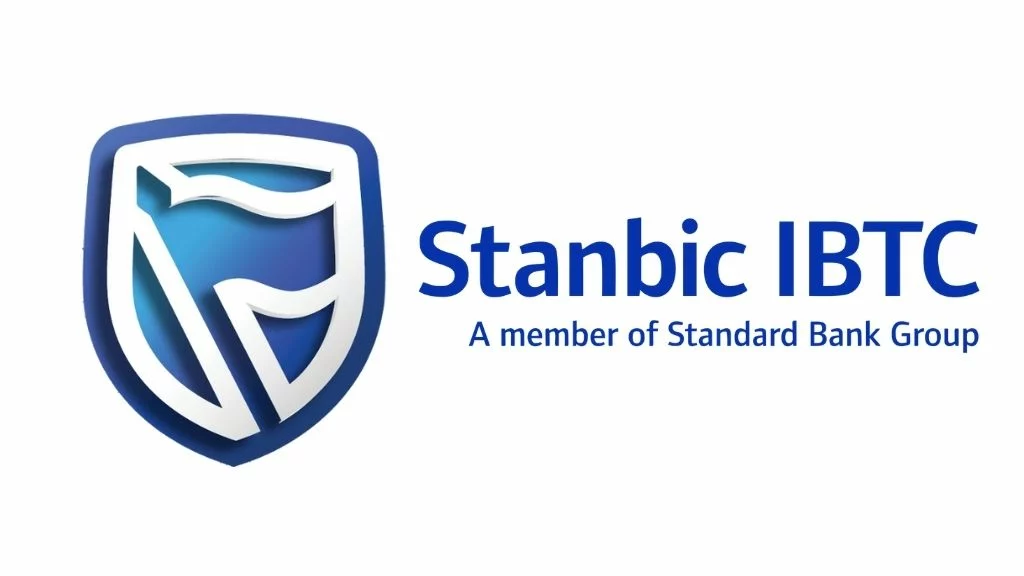Business activities gained momentum in January as the Stanbic IBTC Purchasing Managers’ Index rose to 54.4 from 52.7, driven by new orders and rates of output.
The increase in January’s PMI was the highest in over a year, with a significant rise in new business, marking the largest growth since April 2022. All four major sectors included in the survey exhibited improvements in output.
Despite experiencing the sharpest rise in 21 months, inflation persisted due to exchange rate problems, coupled with high transport and raw material costs. This ensured that purchasing prices continued to increase.
It stated, “Rates of inflation remained elevated in January, but showed some signs of easing. Purchase prices rose at the softest pace in eight months, but currency weakness and higher costs for fuel and raw materials meant that inflation remained elevated.”
Also, businesses increased their purchasing activities significantly, resulting in increased stocks of inputs.
Companies benefited from faster deliveries from suppliers, aiding their efforts to procure necessary inputs.
Growth in new hires remain tepid. Besides increased purchases among businesses, employment grew at a slow pace in January, as some firms reported difficulties in paying staff. This led to a second consecutive monthly growth in outstanding business. Backlogs of work experienced a slight increase, but at a faster rate compared to December.
According to the report, there was no change in staff cost from December as businesses continued to assist staff in terms of transport.
On input and output prices, the report noted thus, “Matching the trend for input prices, the rate of output charge inflation remained elevated but eased to an eight-month low at the start of 2024.”





